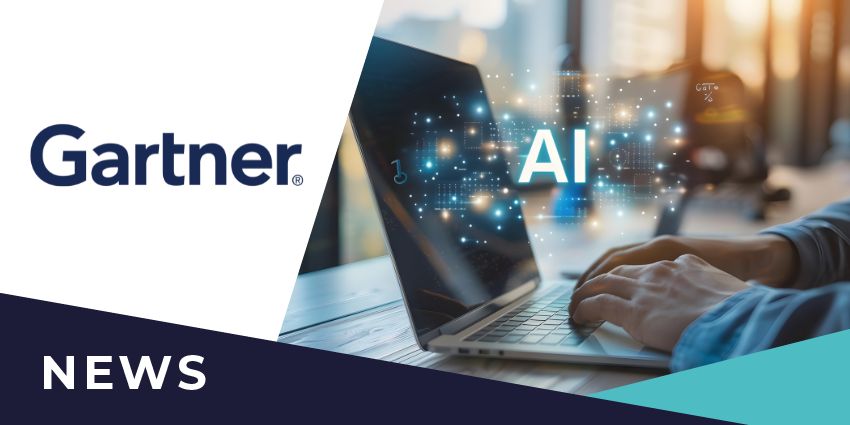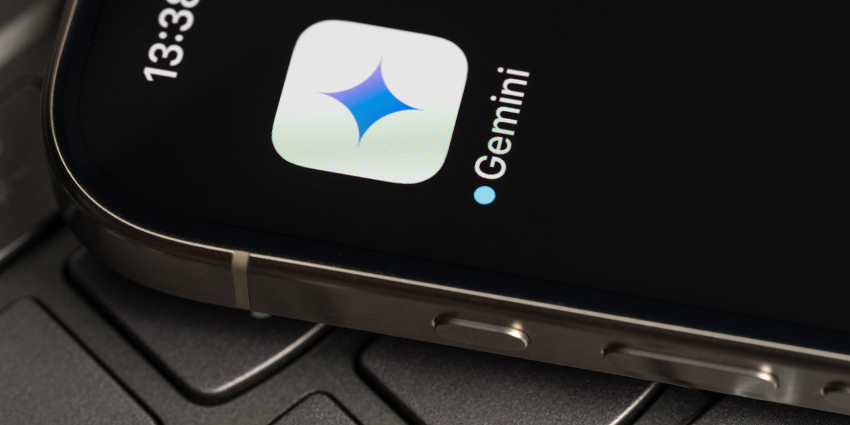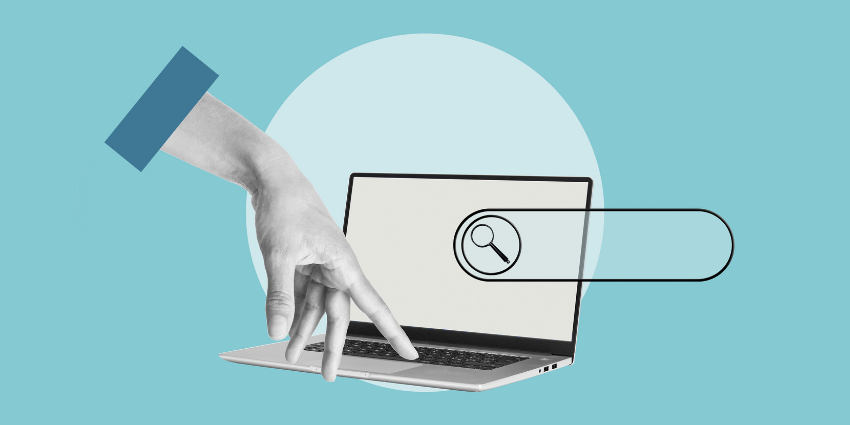Gartner’s preliminary results indicate that worldwide PC shipments have declined by 1.3 percent in the third quarter of 2024 relative to Q3 2023, pointing to a lack of demand thus far for AI PCs.
The shipment shortfall, totalling just under 63 million units, follows three back-to-back quarters of year-over-year growth in the PC market.
In spite of this decline, there has not been any movement within the rankings of the four leading PC vendors over the same timeframe.
Lenovo, HP Inc., and Apple experienced growth from Q3 2023 to Q3 2024, although Dell, which has the third largest market share has decreased growth by 3.9 percent.
Mikako Kitagawa, Director Analyst at Gartner, believes that potential AI PC buyers still need to see evidence that they are a worthwhile investment:
“Even with a full lineup of Windows-based AI PCs for both Arm and x86 in the third quarter of 2024, AI PCs did not boost the demand for PCs since buyers have yet to see their clear benefits or business value.
“Additionally, the demand for the Windows PC refresh driven by the end of Windows 10 support in 2025 did not fully pick up during the third quarter, partly due to economic challenges in certain regions.”
Kitagawa continued: “Despite the year-over-year decline in the third quarter, the PC market is still on a recovery track.
“At the worldwide level, PC demand will see more uptake toward the end of 2024 and more robust growth in 2025, when the PC refresh will be at its peak.”
Regional Breakdown
The US PC market grew 5.6 percent in Q3 2024 with more than 17 million PC shipments, which the insights, research and advisory firm Gartner, attributes to its ‘stable’ macroeconomic conditions.
HP retained the number one position in the US market based on its nearly 25 percent market share of PC shipments.
The EMEA market experienced a decline of 1.5 percent, as did the Asia/Pacific market, which dropped by 8.5 percent year-over-year as a result of weak demand in China. China’s PC market shrank by 10 percent year-over-year as demand for desktop PCs fell amongst state-owned businesses.
Japan, on the other hand, achieved double-digit growth for PC shipments for the first time in three years, which Kitagawa puts down to a PC refresh powered by the end of Windows 10 support.
Kitagawa shared his analysis of the US markets: “The U.S. public sector showed healthy PC demand during the third quarter of 2024 as the government finalised its budget and reached the end of its fiscal year,” said Kitagawa.
“The education sector also experienced strong PC demand as many devices purchased during the pandemic reached replacement age. Chromebooks experienced double-digit year-over-year growth, driven by demand from schools.”
Kitagawa also offered some reasons to explain the dip in PC shipments: “There were temporary hurdles to spending in EMEA in the third quarter of 2024.
“Political elections during the summer in the UK and France, along with major sporting events, distracted consumers and businesses from spending on technology, especially PCs.
“Despite this, the low decline should be viewed as a stabilisation of the EMEA PC market rather than a return to longer-term declines.”
Last month, Microsoft, Google, and Amazon were some of the 100 companies to have already signed the EU’s Artificial Intelligence pact.
The AI pact is made up of three central commitments, albeit voluntary: adopting a strategy that is compliant with the AI Act, identifying and mapping potentially high-risk systems, and promoting AI literacy and awareness.








